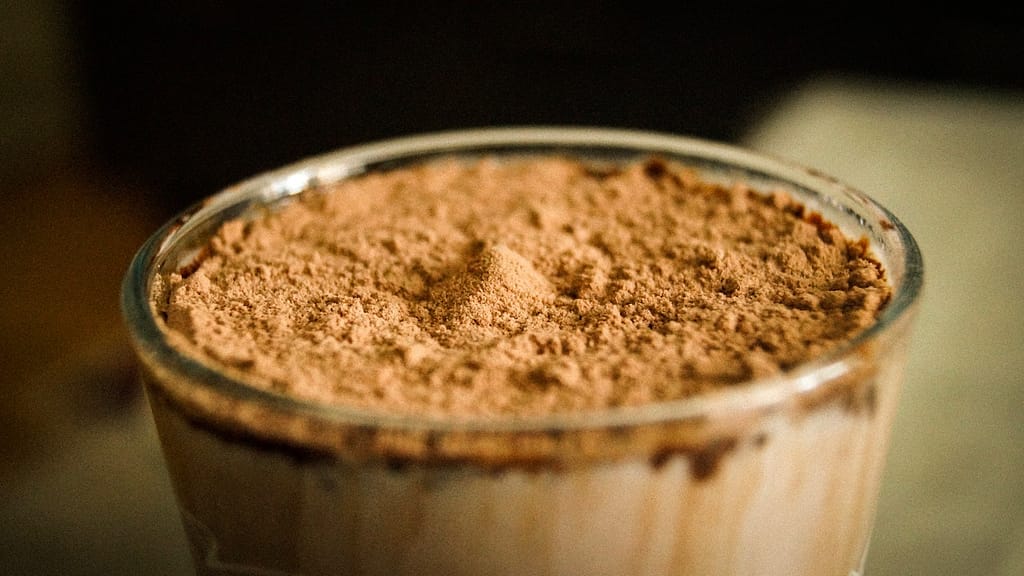Protein powder consumption has gained significant attention in recent years, thanks to its emergence as a fundamental component in the fitness industry, providing a convenient and efficient way to increase protein intake. Whether you are an athlete, a fitness enthusiast, or simply looking to improve your overall health, understanding the best times to consume protein powder can greatly enhance its effectiveness. In this article, we will explore the optimal timing for protein powder consumption, ensuring you make the most out of this valuable supplement.
Times for Protein Powder Consumption
Daily Protein Intake: Your Diet for Weight Goals

Post-Workout Nutrition: The Anabolic Window
Consuming protein powder immediately after your workout is widely regarded as the best time to support muscle recovery and growth. During exercise, your muscles undergo micro-tears, and consuming protein powder within 30 minutes of exercise can help initiate muscle protein synthesis, aiding in faster recovery and overall muscle development.
Pre-Workout Boost: Fueling Your Performance
While commonly associated with post-workout consumption, protein powder can also be beneficial when consumed before exercising. Including protein in your pre-workout nutrition routine can help provide a sustained release of amino acids during your training session, supporting muscle preservation and minimizing catabolic effects.
Morning Jumpstart: Breaking the Overnight Fast
Upon waking up, your body enters a state of fasting. Consuming protein powder in the morning can kickstart your day, offering a quick and convenient source of protein. This can promote muscle protein synthesis and provide sustained energy throughout the day, especially when combined with a balanced breakfast.
Protein Powder Consumption Between Meals: Curbing Hunger & Promoting Satiety
Protein powder can serve as an effective snack between meals to keep hunger at bay and promote feelings of fullness. Whether you’re at work, on the go, or simply can’t find time to prepare a protein-rich meal, a protein shake made with high-quality powder can help maintain satiety, support weight management, and prevent overeating.
References for Protein Powder Consumption:
- Norton, L. E., & Layman, D. K. (2006). Postexercise protein consumption timing effects on strength adaptations. Strength and Conditioning Journal, 28(2), 1-7.
- Schoenfeld, B. J., & Aragon, A. A. (2018). How much protein can the body use in a single meal for muscle-building? Implications for daily protein distribution. Journal of the International Society of Sports Nutrition, 15(1), 10.
- Leidy, H. J., Clifton, P. M., Astrup, A., Wycherley, T. P., Westerterp-Plantenga, M. S., Luscombe-Marsh, N. D., … & Finer, N. (2015). The role of protein in weight loss and maintenance. The American Journal of Clinical Nutrition, 101(6), 1320S-1329S.
Conclusion:
To maximize the benefits of protein powder, it is crucial to consume it at the right times. Remember, post-workout consumption is highly recommended to support muscle recovery and growth. Additionally, incorporating protein powder in your pre-workout routine, morning routine, and as a snack between meals can further optimize your fitness journey. By leveraging the practical tips provided in this guide, you can harness the full potential of protein powder and enhance your overall fitness goals.
